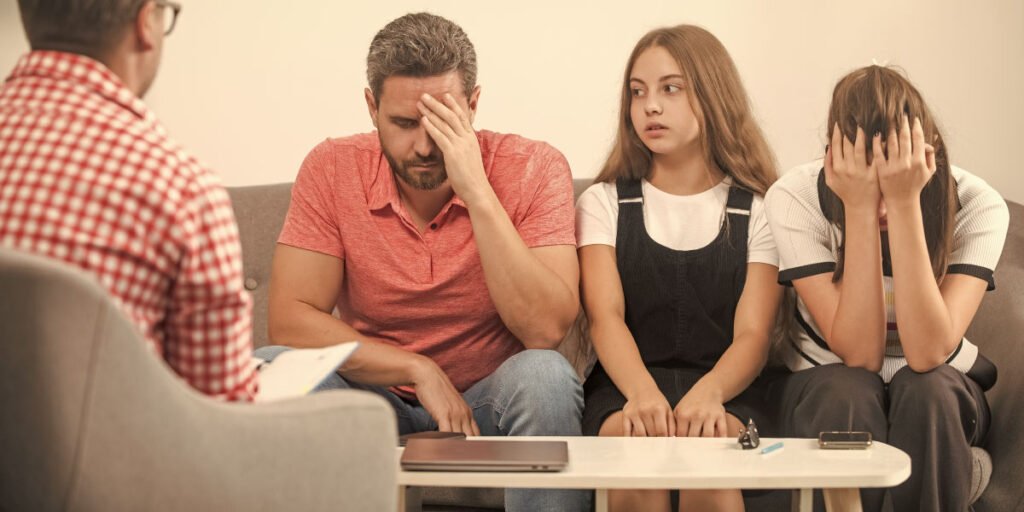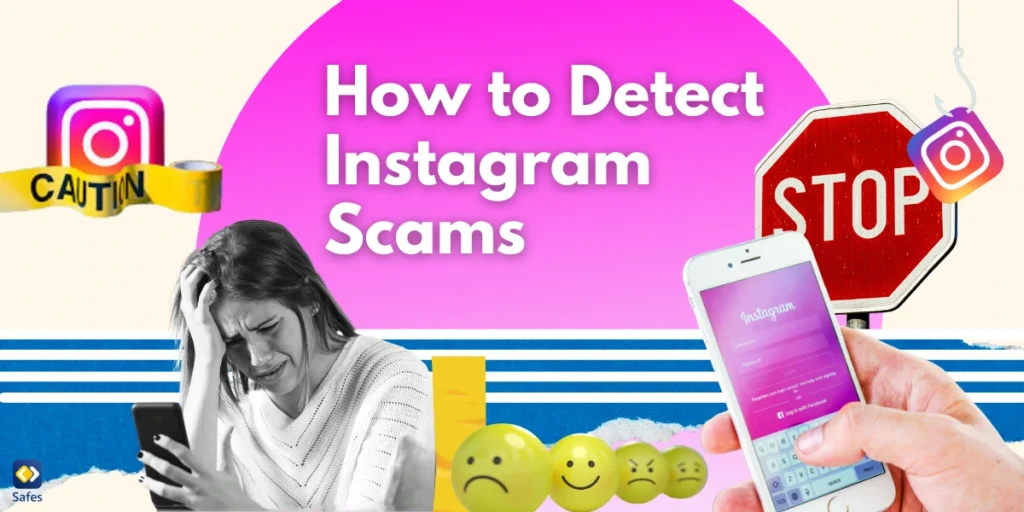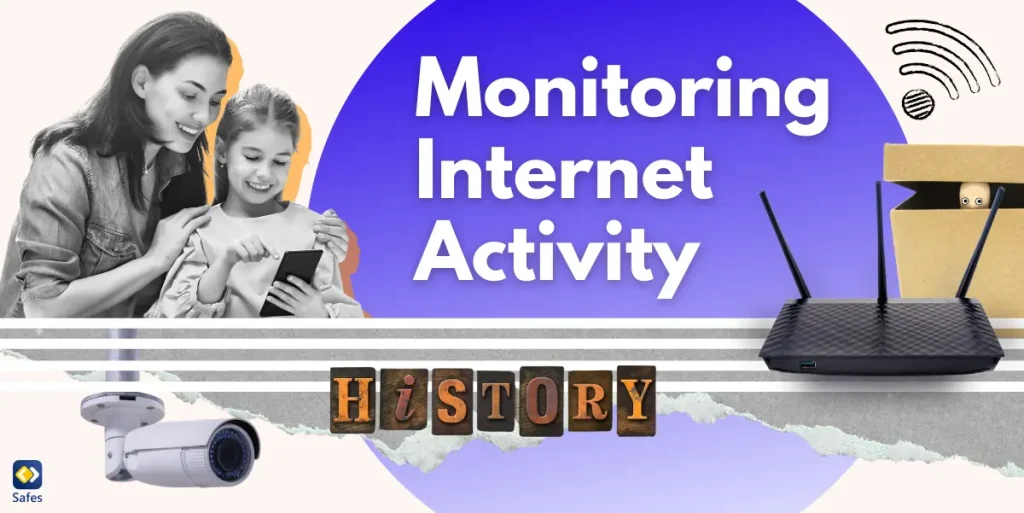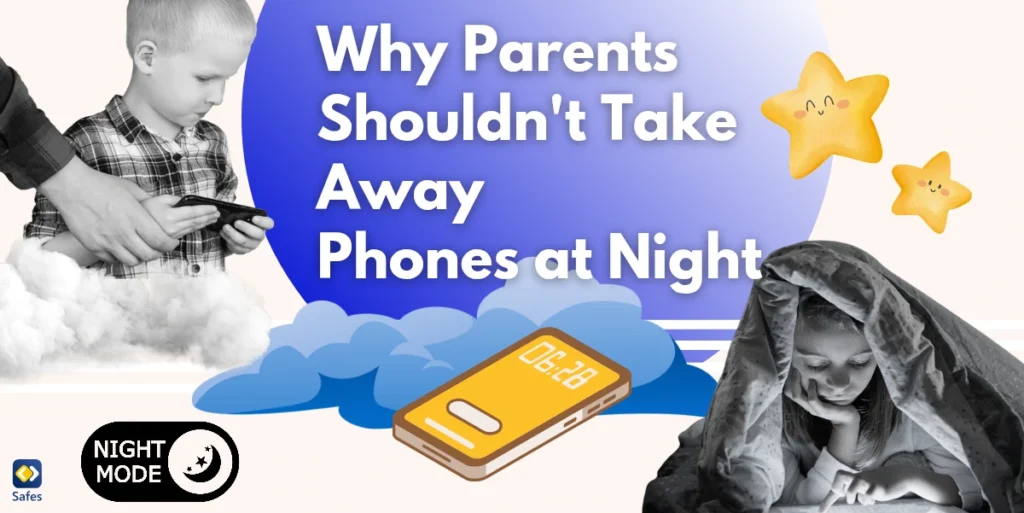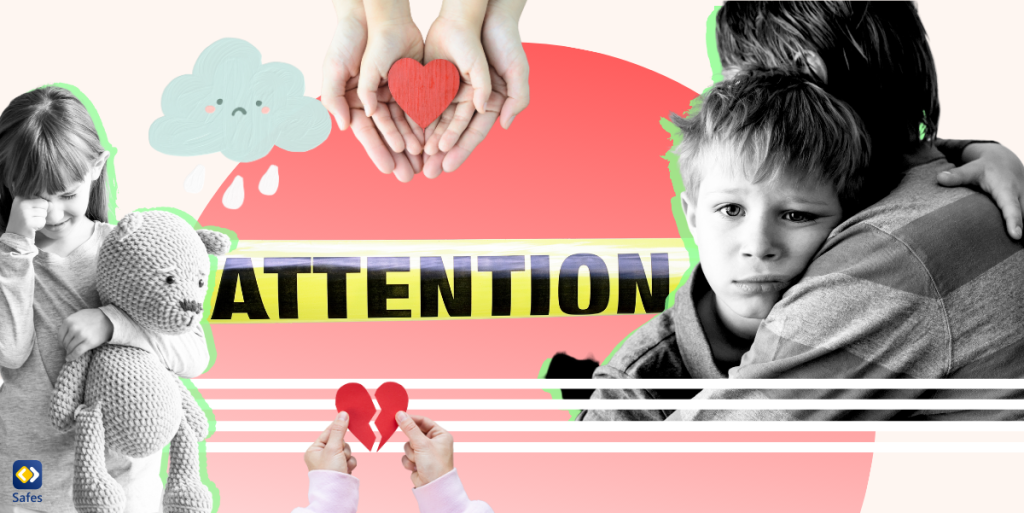A problem becomes a social issue when it concerns a significant number of people in a society. Certain social issues are particular to teenagers. You might remember some of them from your own teenagehood. However, the times are a-changing. The emergence of the internet has solved several problems but created or aggravated a handful of them. That’s why in this article, I’m going to give you a heads-up about the social issues among teenagers in the age of the internet.
Download and Start Your Free Trial of the Safes Parental Control App
Since teenagers, with their minds and bodies still developing, lack the knowledge, experience, and means an adult has when facing social issues, they’re more vulnerable than adults. As a parent, it’s of utmost importance to know what they are and help your teen deal with them. After introducing each social issue among teens, I’m going to give you tips to help your teen avoid them.
Cyberbullying
Bullying is an ever-existing problem among young people. You can attribute this behavior to our early ancestors who fought for dominance to stay alive. Whatever the origins, if the family and society fail to teach kids the civilised way of living, kids will have to retreat to their primitive caves.
What makes cyberbullying different from bullying is that rather than physical means, cyberbullies use the internet and digital devices to attack their victims. The attackers don’t lay their hands on their victims, but the psychological harm they inflict can scar the victims for life.
To learn more about cyberbullying and its effects on children, read “What Are the Effects of Cyberbullying on Children?” on our blog. If your teen is facing cyberbullying, perhaps reading “What to Do When Your Child Is Cyberbullied?” may help you.
How to Help My Child?
To help your teen avoid falling victim to cyberbullying, first and foremost, you need to create a rapport with them. Your child should be comfortable enough with you so they’d open up to you when they receive threats from their peers. You should also pay attention to their behaviour. If they have an interrupted sleep pattern or are starting to perform poorly at school, there might be a problem.
Secondly, you need to teach your child how to protect themselves in the cyber world. Sometimes kids are reckless about the information and content they share on social media and messaging apps. Instruct them on how to keep their accounts private and what kind of pictures or videos they are allowed to share with others.
Read “Crucial Social Media Etiquette and Rules for Kids to Follow” on our blog for more tips on protecting your child on social media.
Existential Crisis
Teenagers’ existential crisis is a topic parents tend to disregard or take lightly. Nevertheless, as children grow up, philosophical questions pop up in their minds. It’s only natural for them to ask questions like “what happens after we die?”, “what’s the meaning of life?”, “how can I enjoy life when everything is absurd?”.
When children ask such questions, many parents think their kids are depressed. Some others blame it on the books their kids read or the information they find on the internet. Surprisingly, the opposite might be true! Perhaps a child is depressed because they have existential questions. Perhaps they read about philosophy on the internet to find answers to their big questions.
No matter which came first _the hen or the egg, if existential questions remained unanswered or unguided, they can harm teens. They can make kids dissatisfied with life, hamper their academic performance, and cause major depressive episodes. It can also lead to misbehaviour, such as drinking alcohol or using drugs.
How to Help My Child?
A wicked question I always ask parents is, “What would you reply to your child when they grow up and ask you, ‘why did you have me?’?”! What I’m trying to ask is whether they are able to help their kids with their existential questions. Unfortunately, most parents aren’t. Many of us don’t have answers to these questions, even as adults.
If you want to be a mentor as well as a parent for your child, you need to improve your understanding of philosophy. A good tech resource you can use is “Philosophy for Parents.” It’s a website with numerous blog posts and podcasts teaching how to be a parent with knowledge of philosophy.
If you think you’re unable to guide your teen through their existential endeavours, contacting a mental health expert, such as a psychologist, can help.

Body Shaming & Low Self-Esteem
Social media play an important role in connecting people, sharing ideas, and keeping up with the news. However, they seem to have a negative effect on teenagers’ self-esteem. People tend to post pictures and videos from happy moments of their lives, dressed up and in special places. A teenager swiping through social media posts might get the wrong impression that others are happier, more beautiful, and more successful than themselves.
Moreover, due to peer pressure or just wishing to keep up with others, teenagers may feel obliged to post impressive pictures and videos of themselves. This issue puts unnecessary pressure on kids to appear presentable all the time. And if they fail to keep up with their peers, they may feel dissatisfied or insufficient, leading to low self-esteem and sometimes body shaming.
Not all harm comes from peers on social media. Unfortunately, social media introduce awful role models. They are replete with pictures and videos of models with exaggerated looks and bodies. Many of them, however, owe their attractive looks to the surgeries they‘ve taken or the massive makeup they’ve put on.
These people can present a distorted image of the human body. By looking at these people, it’s possible for teens to feel dissatisfied with their natural looks, sometimes wishing to take risky surgeries to look like them.
How to Help My Child?
To help your kid have high self-esteem and love how they look, you should teach them from an early age. Your opinions about your kid matter a lot to them. You need to admire your kid for the skills and talents they have whenever you can. Remind them that they are beautiful the way they are.
Nevertheless, you must be careful about what you praise. Rather than admiring superfluous aspects, praise valuable and lasting qualities. For example, a girl’s ingenuity in mathematics has a much more significant effect on their fulfillment in life, school, and work rather than their dimples. Therefore, math ingenuity deserves more appraisal than cute dimples!
How parents and close relatives behave is also decisive in how kids view the world. You need to be the right role model for your child. You shouldn’t be surprised to have a teenager who likes to dress up like a model. That’s only natural if looking beautiful rather than being beautiful is of higher importance in your own life.
Sometimes it’s too difficult for parents to help their kids’ self-esteem and body image on their own. If that’s the case for you, I suggest referring to a mental health professional.
Should I Stop My Child from Using Social Media?
It’s not wise to ban kids from social media to avoid their harm. However, you can stop your underage kids from accessing them by using parental control apps such as Safes. Although most social media restrict kids below 13 from using their services, they don’t apply strict age verification measures. That means younger kids can fake their ages and join social media. In that case, you can block social media apps and websites on your child’s devices using Safes’s App Blocker and Web Filter features.
Media Propaganda & Brainwashing
Teenagehood is a sensitive period in a person’s life. It’s easy for teens, especially high school students, to be overwhelmed by strong ideas. Sometimes teenagers’ personal problems can create a foundation for radicalisation. These are some of the reasons for teen’s radicalisation:
- Low self-esteem and dissatisfaction with oneself
- Being bullied
- Isolation and the need to belong
- Religious, racial, cultural, and sexual discrimination
- Depression
- Dissatisfaction with the government and society
Unfortunately, children can be charged with extreme opinions by viewing topics related to adults on the internet. While some sources may inadvertently radicalise kids, some others take advantage of teens’ vulnerability to feed them harmful thoughts.
Extremist ideas are prevalent on the internet. Although most social platforms ban activities that inspire people into harmful actions, some extremist channels, groups, and pages can remain unscrutinised. Sometimes, they’re removed by moderators only when it’s too late.
Unlike what many people may think, not all extremist activities are illegal. Some of them have official websites, social media accounts, and TV channels.
Extremist beliefs can lead to harmful behaviours such as vandalism, bullying, battery, and even murder.
How Can I Help My Child?
To save your child from falling victim to radicalisation, you need to pay attention to changes in their behaviour. Stay involved in your teen’s life and monitor the people and topics they follow on the internet and the world out there. You can save your child from destructive beliefs with timely guidance and attention. If you don’t feel able to help your child, it’s important to seek professional help.
Monitoring children can become harder as they age. A high school senior might not like you checking their phone to see what they’re doing. You can use the Safes parental control app to monitor your child’s activity online and control the information and content they access. Safes sends you reports on the websites and applications your child uses. Moreover, it notifies you if they see or post inappropriate content on social media. You can block websites and social media you find inappropriate for your child.
Ready to experience these features firsthand? Start your Safes free trial today and take control of your child’s online safety effortlessly.
Other Social Issues Among Teenagers in the Age of the Internet
Social issues that threaten teens in the age of the internet are not limited to the ones explained in this article. Some other important issues for parents to learn about and watch out for include the following:
- Underage Crime
- Depression & Suicide
- Wrong Role Models
- Economic Issues
- Violence
- Screen Time
- Obesity
- Unsafe Sexual Activity
- Racism
- Homophobia & Misogyny
- Drug and alcohol Abuse
- Underage drinking
- Academic Problems
Your Child’s Online Safety Starts Here
Every parent today needs a solution to manage screen time and keep their child safe online.
Without the right tools, digital risks and excessive screen time can impact children's well-being. Safes helps parents set healthy boundaries, monitor activity, and protect kids from online dangers—all with an easy-to-use app.
Take control of your child’s digital world. Learn more about Safes or download the app to start your free trial today!
